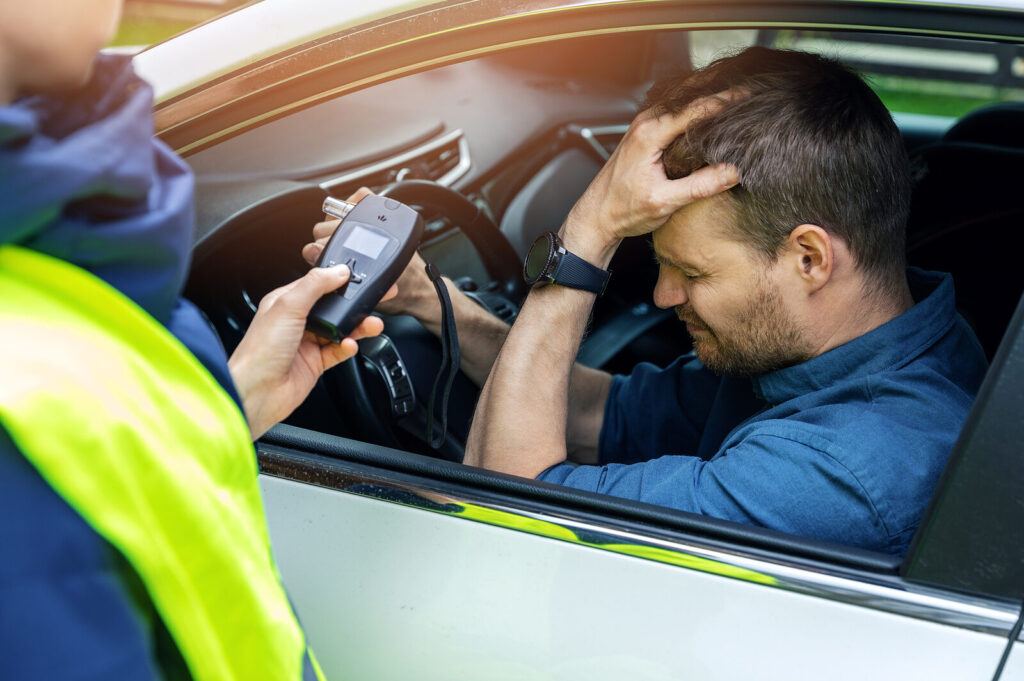Refusing a breathalyzer in Colorado poses serious legal challenges. You face tough consequences when you refuse. This decision greatly impacts your legal journey. In Colorado, laws on breathalyzer tests are strict and clear. Refusal leads to immediate penalties. These include license suspension, fines, and potentially more severe legal actions. Understanding your rights helps, but navigating this situation alone can be overwhelming. local criminal lawyers provide essential support. They guide you through these complexities. Their expertise ensures you receive accurate advice on these legal matters. Knowing what to expect increases your preparedness. With the right information and support, you gain confidence in your legal proceedings. This topic demands careful consideration of the legal consequences and your rights. Remember, informed decisions shape your future outcomes. Legal professionals offer essential guidance in making these decisions. Take this step seriously. Understanding your choices makes a significant difference in your legal journey.
Understanding Colorado’s Implied Consent Law
Colorado law includes an implied consent statute. By driving, you agree to submit to a chemical test if law enforcement suspects you of impaired driving. This consent is not optional once you are stopped. If you refuse, the state swiftly enforces legal consequences. For a first refusal, expect a year-long driver’s license suspension. Subsequent refusals bring longer suspensions.
Consequences of Refusal
Refusing a breathalyzer impacts more than your driving record. Legal penalties escalate with each refusal. Here’s a quick comparison of the consequences:
| Offense | License Suspension | Other Penalties |
|---|---|---|
| First Refusal | 1 Year | Possible fines and community service |
| Second Refusal | 2 Years | Increased fines and extended community service |
| Third Refusal | 3 Years | Further fines and potential jail time |
Impact on Legal Proceedings
Refusal complicates your legal proceedings. Prosecutors may use your refusal as evidence of guilt. Courts often interpret refusal as acknowledgment of impairment. This assumption influences your case’s outcome. You may face tougher legal battles without clear test results.
When Can You Refuse?
Technically, you can refuse a breathalyzer. However, the decision brings heavy penalties. Under certain circumstances, refusing might strategically benefit your case. Consulting with legal experts is crucial. They help assess your specific situation.
Legal Guidance and Support
Navigating these legal waters alone is daunting. Expert advice from experienced lawyers provides clarity. They offer insight into potential outcomes and build a strong defense. It’s essential to have a knowledgeable advocate by your side.
The Importance of Making Informed Decisions
Making the right decision requires understanding the implications. Knowing the legal landscape empowers you. Informed decisions reduce anxiety and improve outcomes. Being prepared with accurate information is your best defense.
Conclusion
Refusing a breathalyzer in Colorado involves serious decisions. Understanding the law and the consequences is vital. With the right legal advice, you navigate these choices better. Stay informed and consult professionals to ensure you’re making the best decisions for your future.










